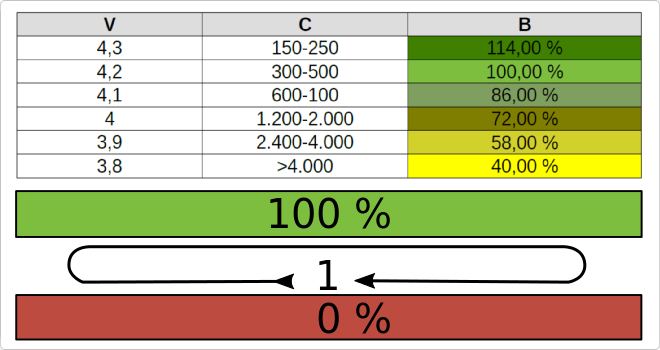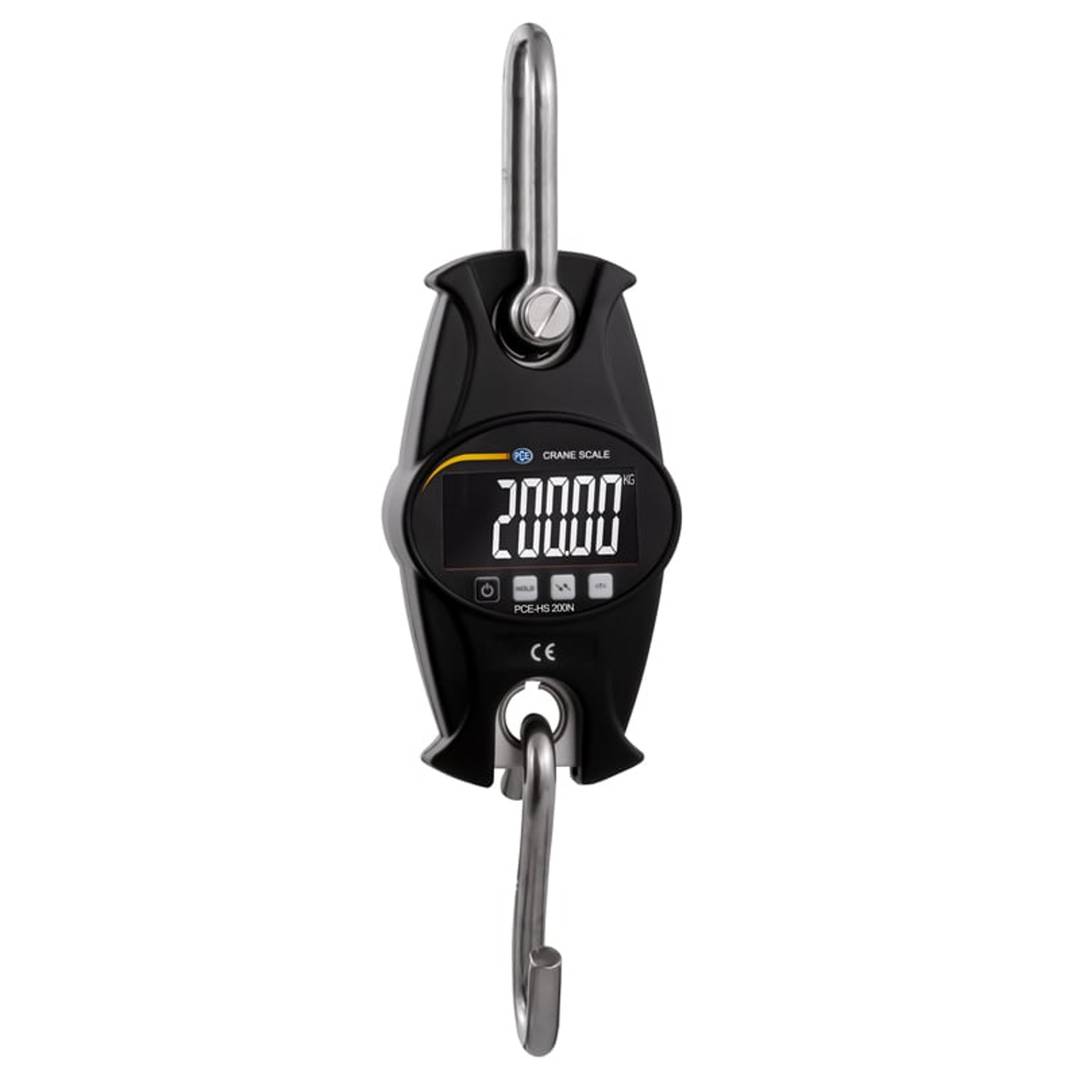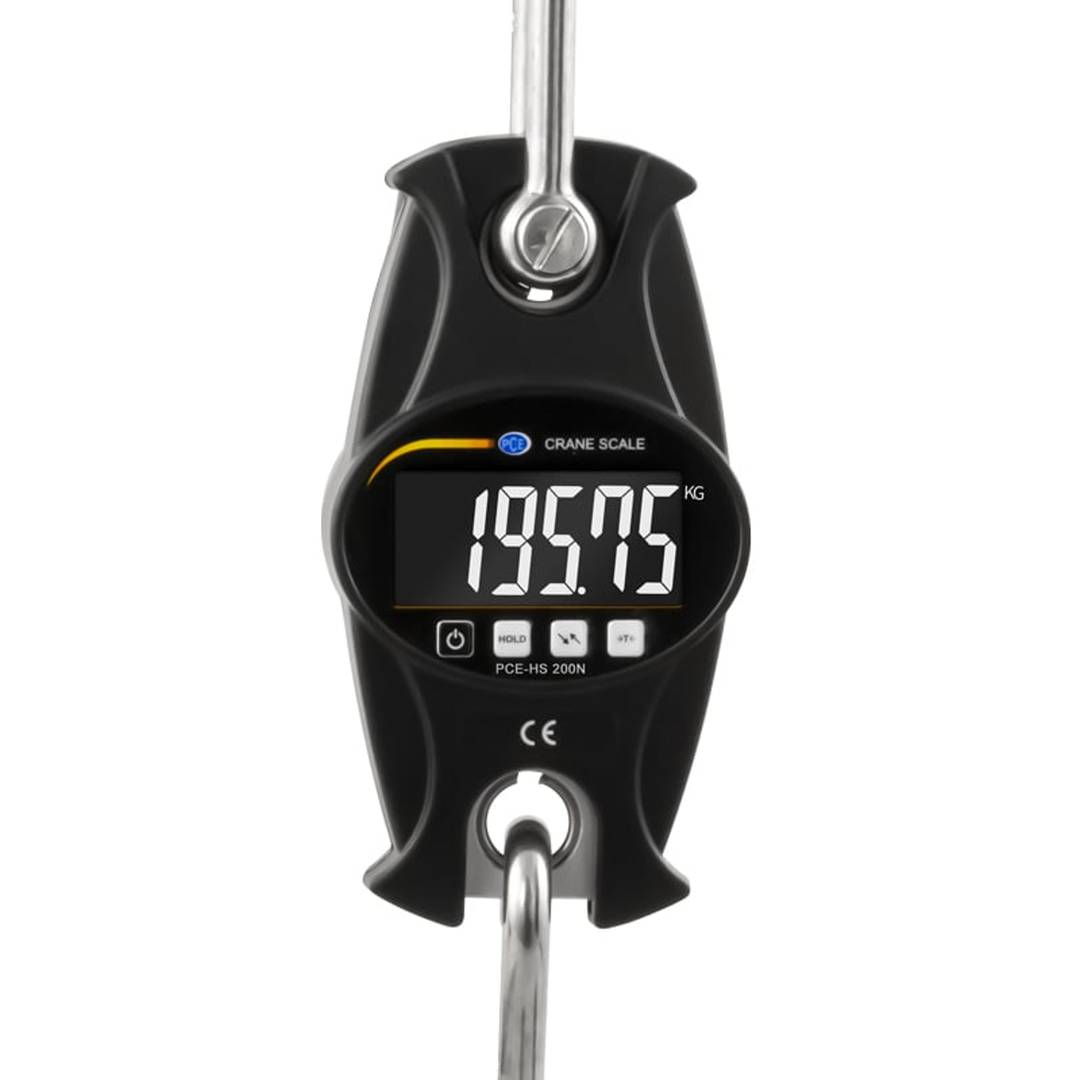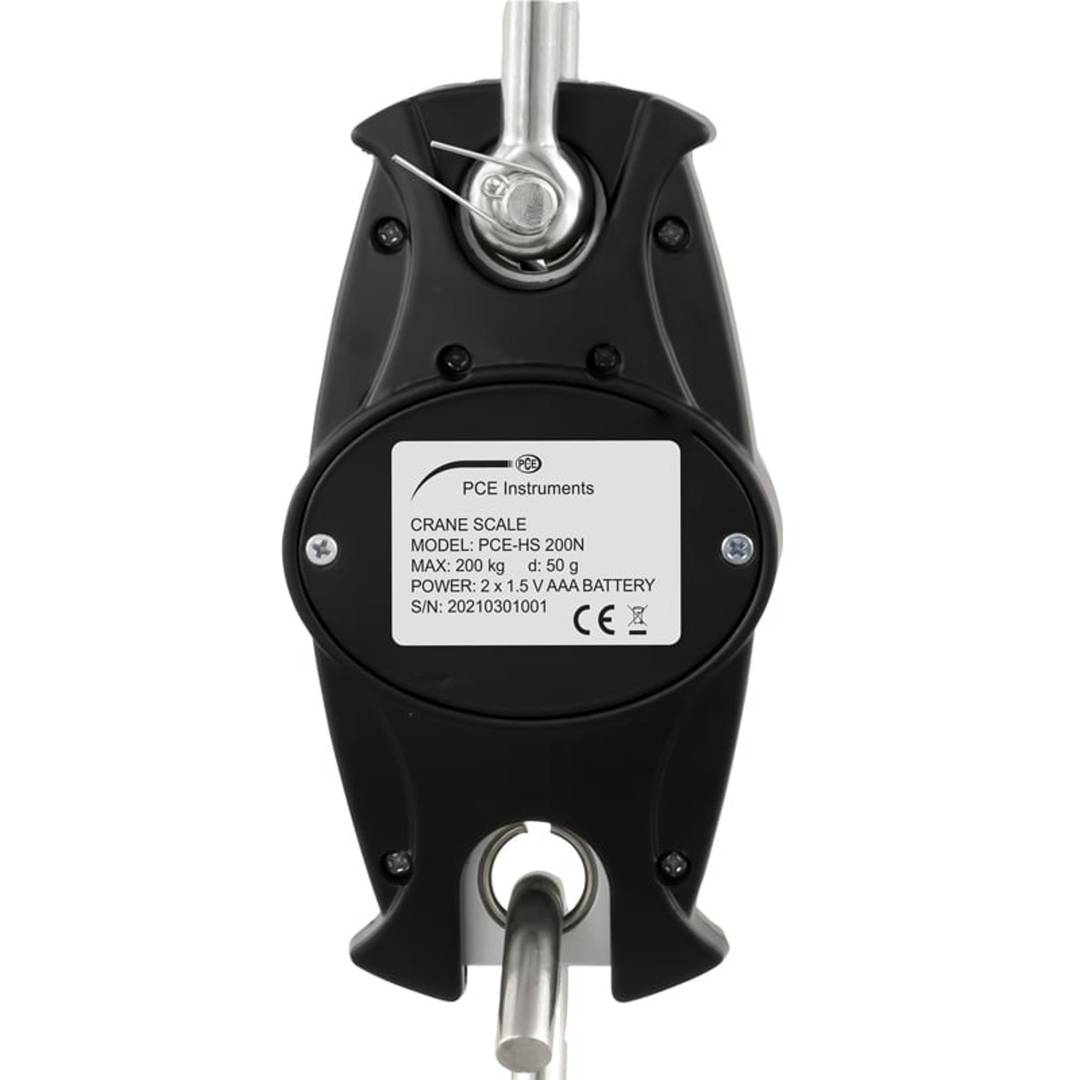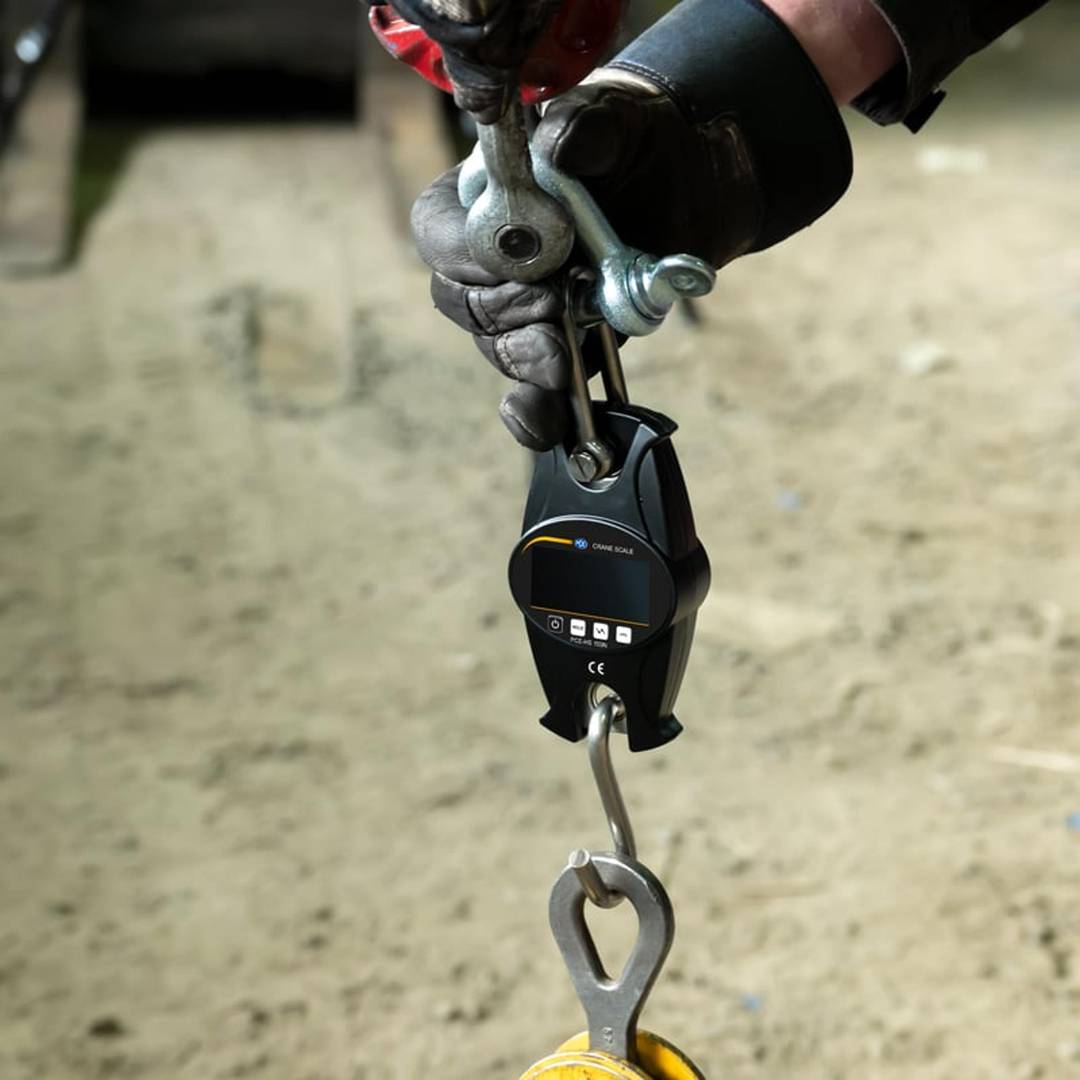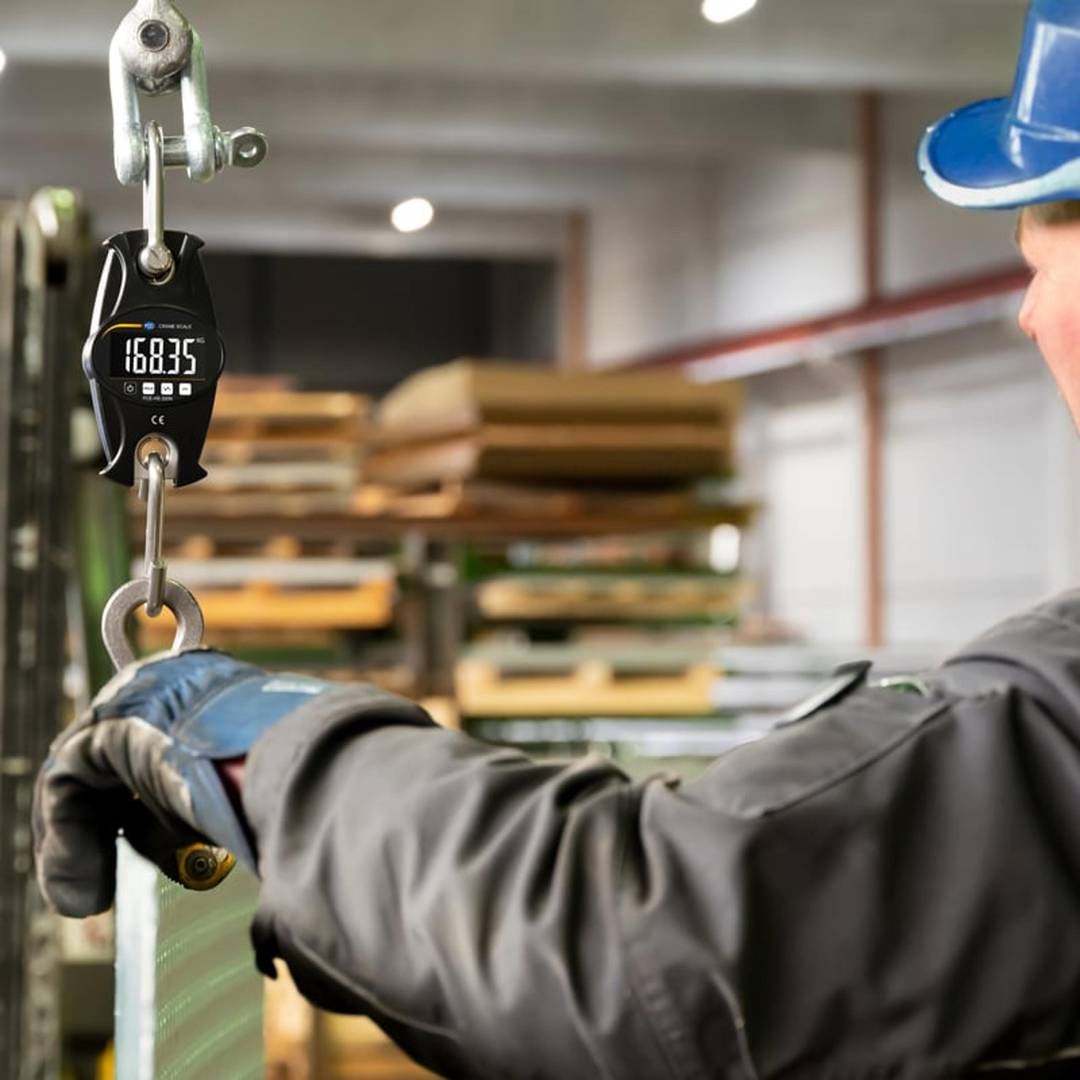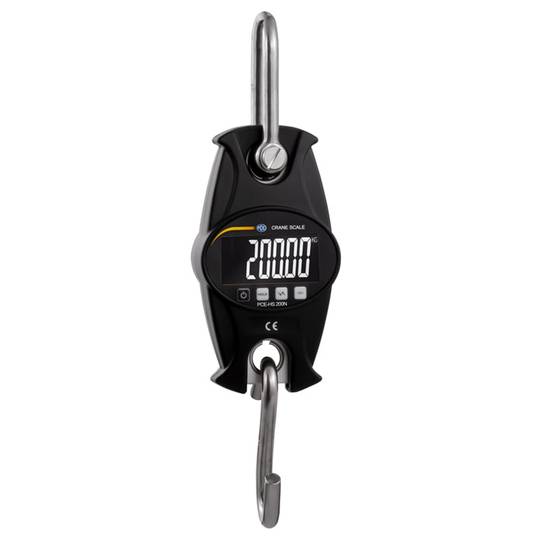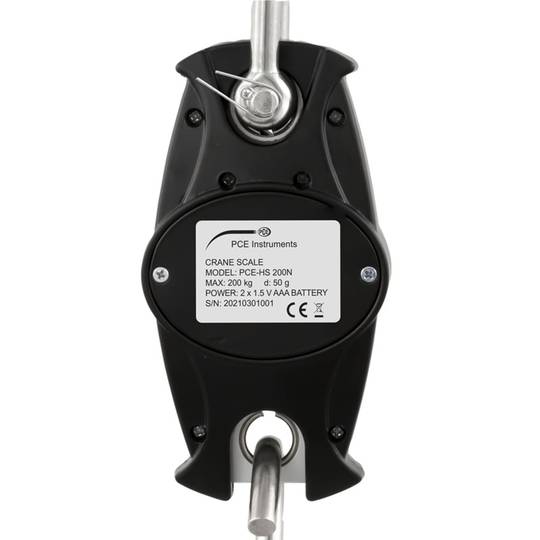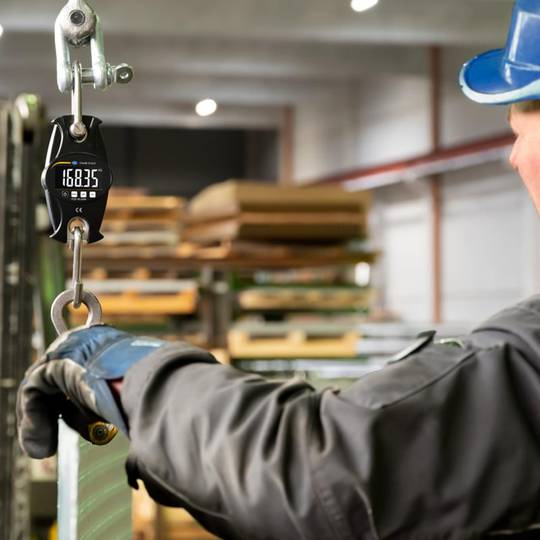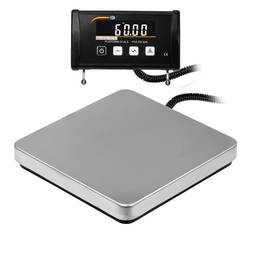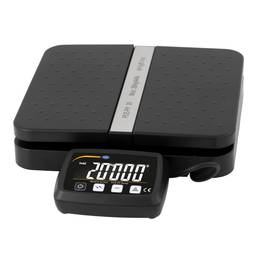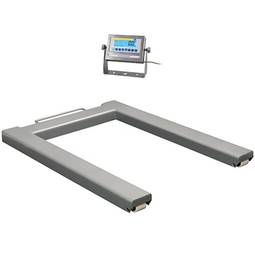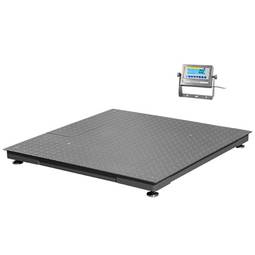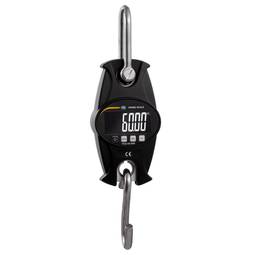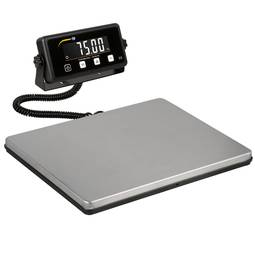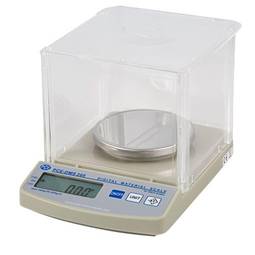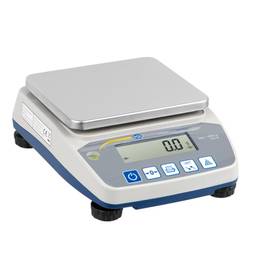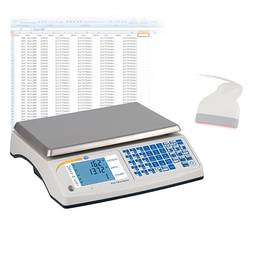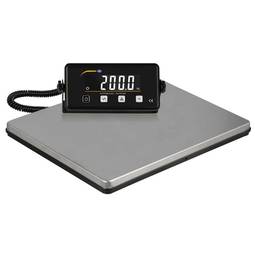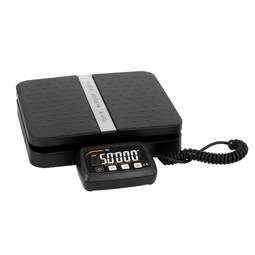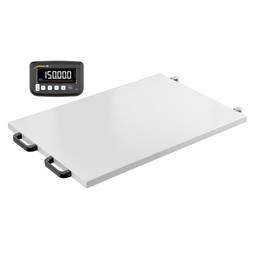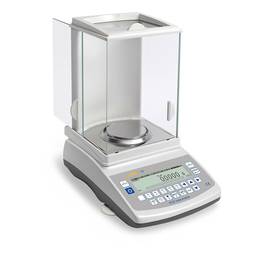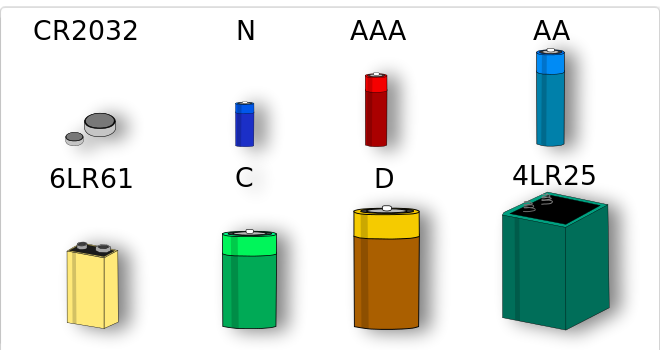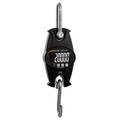01/19/2026 10:28 p.m.
https://cablematic.com/en/products/hanging-scale-pce-hs-200n-PC295/
https://cablematic.com/en/products/hanging-scale-pce-hs-200n-PC295/
Hanging scale PCE-HS 200N
REF: PC295
Specifications
- Hook scale with metal housing and weighing range 0 ... 200 kg.
- LCD screen with backlight to read the values from a certain distance, even in areas with little light.
- Robust metal housing to use the hook scale even in harsh working environments.
- Hold function that freezes the measurement value on the screen.
- Tare the weight of weighing accessories at the touch of a button.
PVP
€72.90
Price including VAT:
€72.90
PVD
€67.87
PVP: Retail price.
Check conditions.
PVP: Sale price to distributors.
Check conditions.
8 business days
The delivery times are approximate and may vary depending on the selected carrier.
warranty
returns
safe
Specifications
- Hook scale with metal housing and weighing range 0 ... 200 kg.
- LCD screen with backlight to read the values from a certain distance, even in areas with little light.
- Robust metal housing to use the hook scale even in harsh working environments.
- Hold function that freezes the measurement value on the screen.
- Tare the weight of weighing accessories at the touch of a button.
More info
This hanging scale is an exact and robust measuring instrument with a metal housing and a weighing range of 0...100 kg. The LCD display with 22 mm high digits, backlight and the Hold function to freeze the measurement value, allow reading from a certain distance even in poorly lit areas. In addition, the weight of the adapter, hook and other accessories can be tared with the push of a button. It is powered by two 1.5 V batteries, type AAA, thus allowing mobile use. To reduce battery consumption, the crane has an automatic shutdown function after 15 minutes of inactivity. Finally, if necessary, an ISO calibration certificate can be requested for this hook scale. Manufactured by PCE with reference PCE-HS 200N.
Specifications
- Hook scale with metal housing and weighing range 0 ... 200 kg.
- LCD screen with backlight to read the values from a certain distance, even in areas with little light.
- Robust metal housing to use the hook scale even in harsh working environments.
- Hold function that freezes the measurement value on the screen.
- Tare the weight of weighing accessories at the touch of a button.
- Powered by two 1.5 V batteries, type AAA, which allows mobile use.
- Automatic disconnection after 15 minutes of inactivity.
- Optional ISO calibration certificate.
- Gross Weight: 874 g
- Number of packages: 1
Technical terms
- Battery charging cycles
- Types of batteries
Battery charging cycles
When calculating the life of a battery it will be necessary to know the number of charge cycles that can be performed until the battery does not begin to lose its capacity.
Depending on the type of battery these charging cycles can vary, the most common being the mobile batteries, manufactured Li-Ion or Li-Po, which have a duration of between 300 and 500 charging cycles according to model and manufacturer.
Once thisE limit we will notice how the battery loses duration of operation, arriving to lose up to 25% of its capacity of load.
At this point it will be necessary to evaluate a battery change.
It should be noted that usage and charging habits can significantly affect battery life. For example, factors such as heat, charge the battery several times a day without it is almost exhausted, etc. Will be affectedits duration.
Therefore, to get the most out of the battery we must know when a full charge cycle is performed, and try to avoid misuse of charge, to increase its useful life.
A charging cycle is considered when the battery has been discharged or its 100% charge has been used.
The manufacturers advise that the charge is never made below the 58% battery, since the battery voltage would not fall so lowTo, so you could end up winning up to 4000 charge cycles.
Tips to increase the life of a battery.
Depending on the type of battery these charging cycles can vary, the most common being the mobile batteries, manufactured Li-Ion or Li-Po, which have a duration of between 300 and 500 charging cycles according to model and manufacturer.
Once thisE limit we will notice how the battery loses duration of operation, arriving to lose up to 25% of its capacity of load.
At this point it will be necessary to evaluate a battery change.
It should be noted that usage and charging habits can significantly affect battery life. For example, factors such as heat, charge the battery several times a day without it is almost exhausted, etc. Will be affectedits duration.
Therefore, to get the most out of the battery we must know when a full charge cycle is performed, and try to avoid misuse of charge, to increase its useful life.
A charging cycle is considered when the battery has been discharged or its 100% charge has been used.
The manufacturers advise that the charge is never made below the 58% battery, since the battery voltage would not fall so lowTo, so you could end up winning up to 4000 charge cycles.
Tips to increase the life of a battery.
- Avoid extreme heat or cold or very long applications of the device.
- Charge the battery as often as you can.
- Fully discharge the battery from time to time.
- Do not let the battery run out completely before charging.
